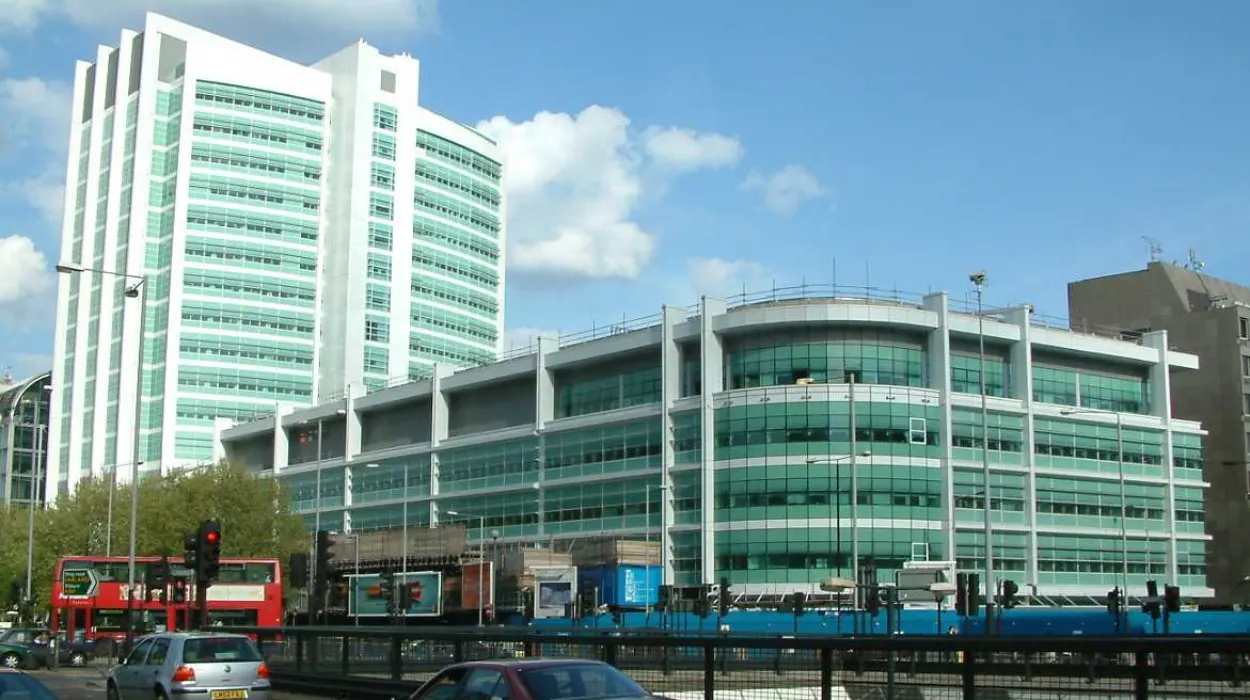Ealing (Parliament Politics Magazine) – London North West University Healthcare NHS Trust launches a three-year strategy to cut carbon emissions and brace for the escalating impact of climate change.
By 2040, the trust, which employs over 9,000 people in Ealing and Brent, hopes to contribute to the creation of a Net Zero NHS. From estates and medical to travel, transportation, waste, and resources, its new Green Plan, which will run from 2025 to 2028, will focus on making improvements in these sectors.
Reducing pharmaceutical waste and overprescribing, ensuring vendors on contracts worth more than £5 million have carbon reduction plans, increasing the use of reusable equipment and personal protective equipment (PPE), and raising residential waste recycling rates by 50% are all planned actions.
The plan expands upon LNWH’s initial Green Plan from 2022, which enhanced waste segregation and recycling, cut emissions, and obtained over £13 million in decarbonization financing.
Pippa Nightingale, LNWH’s chief executive, said:
“This is a trust-wide effort. Every member of our workforce has a role to play. We are not only responding to climate change but helping shape a healthier and more resilient future for our communities.“
According to the trust, bad weather and intense heat are already interfering with NHS services. Flooding, power outages, and structural issues caused nearly half of England’s NHS hospitals to close wards or services in 2022.
When cooling and ventilation systems failed at temperatures above 40 degrees Celsius, one in five hospitals that year had to halt procedures. Every year, heat-related deaths cost the NHS £6.8 million.
How will the NHS’s net zero targets impact healthcare operations in London?
Hospitals and healthcare facilities will undergo major renovations to improve energy efficiency, including upgrades to heating, ventilation, and electrical systems. New hospital buildings will be designed to be net zero carbon from the outset, with sustainable materials and energy-saving features integrated into construction.
This includes transitioning from fossil fuels to renewable energy sources and electrifying heating systems.
The NHS estate, which accounts for a substantial portion of public sector energy use and carbon emissions, will shift to renewable energy sources such as solar and wind power. Efforts will include implementing energy conservation measures like LED lighting, better insulation, and smart building controls.


